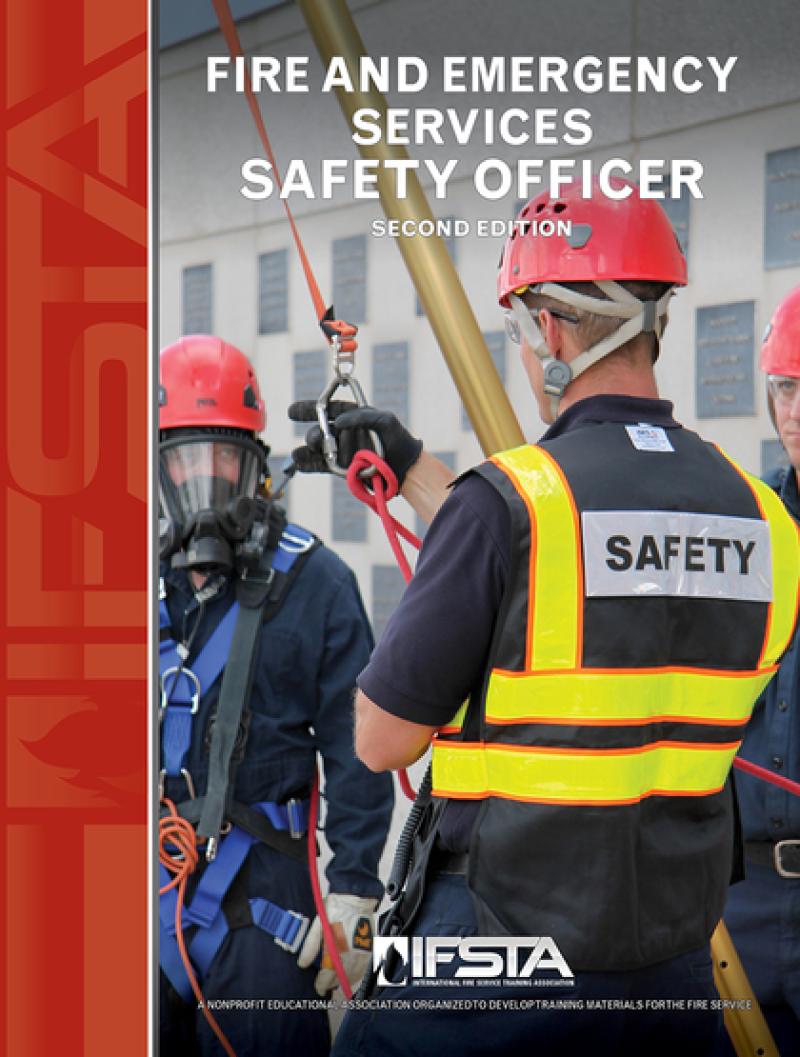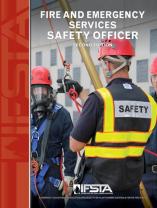How do I become a fire safety officer?
Becoming a fire safety officer typically involves a combination of education, training, and experience. Fire safety officers play a crucial role in ensuring that buildings and facilities comply with fire safety regulations and that appropriate measures are in place to prevent and respond to fires. Here's a general guide on how to become a fire safety officer:
Education and Qualifications:
Educational Background:
- Obtain a high school diploma or equivalent. Some positions may require a higher level of education, such as an associate or bachelor's degree in fire science, fire engineering, or a related field.
Relevant Coursework:
- Consider taking coursework in fire science, safety management, emergency management, or a related discipline. Some educational institutions offer specific programs or courses tailored to fire safety.
Gain Experience and Skills:
Entry-Level Positions:
- Start by gaining practical experience in entry-level positions related to fire safety. This could include roles as a firefighter, fire inspector, or safety technician. Experience in emergency services or a related field is valuable.
On-the-Job Training:
- Many fire safety officers gain experience through on-the-job training. Working alongside experienced professionals allows you to develop practical skills and an understanding of fire safety protocols.
Obtain Certifications:
Fire Safety Certifications:
- Obtain relevant certifications in fire safety. Certifications can enhance your credentials and demonstrate your expertise. Common certifications include:
- Fire Inspector Certification
- Fire Plans Examiner Certification
- Fire Investigator Certification
- Certified Fire Protection Specialist (CFPS)
- Obtain relevant certifications in fire safety. Certifications can enhance your credentials and demonstrate your expertise. Common certifications include:
Emergency Management Certifications:
- Consider certifications related to emergency management, as fire safety officers may be involved in coordinating emergency response efforts. Examples include certifications from the International Association of Emergency Managers (IAEM).
Formal Education (Optional):
- Advanced Degrees:
- While not always required, pursuing an advanced degree in fire science, fire engineering, or a related field can enhance your knowledge and open up opportunities for leadership roles.
Stay Updated and Engage in Professional Development:
Continuing Education:
- Fire safety regulations and practices evolve, so it's essential to engage in continuing education. Attend workshops, conferences, and training sessions to stay informed about the latest developments in fire safety.
Networking:
- Connect with other professionals in the field through networking events, industry conferences, and online forums. Networking can provide valuable insights and opportunities for career advancement.
Apply for Fire Safety Officer Positions:
Check Job Requirements:
- Review job postings for fire safety officer positions to understand the specific requirements and qualifications sought by employers. Tailor your resume and experience to align with these requirements.
Apply for Open Positions:
- Once you meet the necessary qualifications, apply for open fire safety officer positions. Highlight your relevant experience, certifications, and education in your application.
Prepare for Interviews:
- Be prepared for interviews that may assess your knowledge of fire safety regulations, emergency management, and your ability to coordinate fire safety programs.
Demonstrate Leadership and Communication Skills:
- Fire safety officers often need strong leadership and communication skills. Be prepared to showcase your ability to lead and communicate effectively, especially in emergency situations.
Complete Background Checks:
- Fire safety officers may be subject to background checks, particularly if they will be working in sensitive environments or handling confidential information.
Remember that the specific requirements for becoming a fire safety officer may vary by jurisdiction, organization, and the level of responsibility associated with the role. It's advisable to check with local fire departments, regulatory agencies, or potential employers for the most accurate and up-to-date information relevant to your location.
Becoming and Advancing as a Fire Safety Officer: Qualifications, Responsibilities, and Career Growth
1. Necessary Qualifications and Experience:
The specific qualifications and experience required to become a fire safety officer vary depending on the jurisdiction and employer. However, some general requirements include:
a. Education:
- Minimum requirement: High school diploma or equivalent
- Preferred: Associate's degree in fire science, emergency management, or a related field
b. Experience:
- Minimum: Some experience in fire prevention, fire protection, or a related field
- Preferred: Previous experience as a firefighter, fire inspector, or other fire safety roles
c. Certifications:
- Fire safety certifications like Certified Fire Safety Director (CFSD) or Certified Fire Safety Inspector (CFSI) are valuable assets and may be required by some employers.
d. Physical fitness:
- Ability to pass physical fitness tests and perform physically demanding tasks.
e. Communication and interpersonal skills:
- Excellent communication and interpersonal skills to interact with various stakeholders and effectively deliver safety information.
2. Career Advancement:
There are several paths to advance in a career as a fire safety officer:
a. Gaining experience:
- Starting in entry-level fire safety roles and progressively taking on more responsibilities.
- Demonstrating leadership, initiative, and commitment to professional development.
b. Earning additional certifications:
- Pursuing advanced fire safety certifications like Certified Fire Protection Specialist (CFPS) or Certified Fire Plans Examiner (CFPE).
c. Seeking leadership positions:
- Applying for supervisory or management roles within the fire safety field.
- Participating in leadership development programs and workshops.
d. Specializing in a specific area:
- Developing expertise in a specific area of fire safety, such as fire investigation or fire code enforcement.
e. Network and build relationships:
- Building relationships with other fire safety professionals and participating in industry organizations.
3. Responsibilities of a Fire Safety Officer:
The specific responsibilities of a fire safety officer can vary depending on the organization and work environment. However, some common responsibilities include:
a. Developing and implementing fire safety programs:
- Creating and maintaining fire prevention plans, emergency evacuation plans, and fire safety procedures.
- Conducting fire safety training and drills for employees and occupants.
b. Enforcing fire safety codes and regulations:
- Inspecting buildings and facilities to ensure compliance with fire safety codes and regulations.
- Identifying and addressing potential fire hazards.
- Issuing citations and fines for non-compliance.
c. Investigating fire incidents:
- Determining the cause and origin of fire incidents.
- Analyzing fire scene evidence and preparing reports.
- Identifying and implementing corrective actions to prevent future incidents.
d. Maintaining fire safety equipment:
- Inspecting and testing fire alarm systems, fire extinguishers, and other fire safety equipment regularly.
- Ensuring proper maintenance and repairs are performed.
e. Educating and raising awareness:
- Providing fire safety education and awareness programs to the public.
- Participating in community outreach initiatives.
f. Staying updated on fire safety standards and best practices:
- Attending training and workshops to stay current on the latest fire safety codes, regulations, and best practices.
Being a fire safety officer requires dedication, responsibility, and a commitment to protecting lives and property from fire hazards. By possessing the necessary qualifications and experience, continuously developing your skills and knowledge, and actively seeking career growth opportunities, you can build a fulfilling and rewarding career in fire safety.












